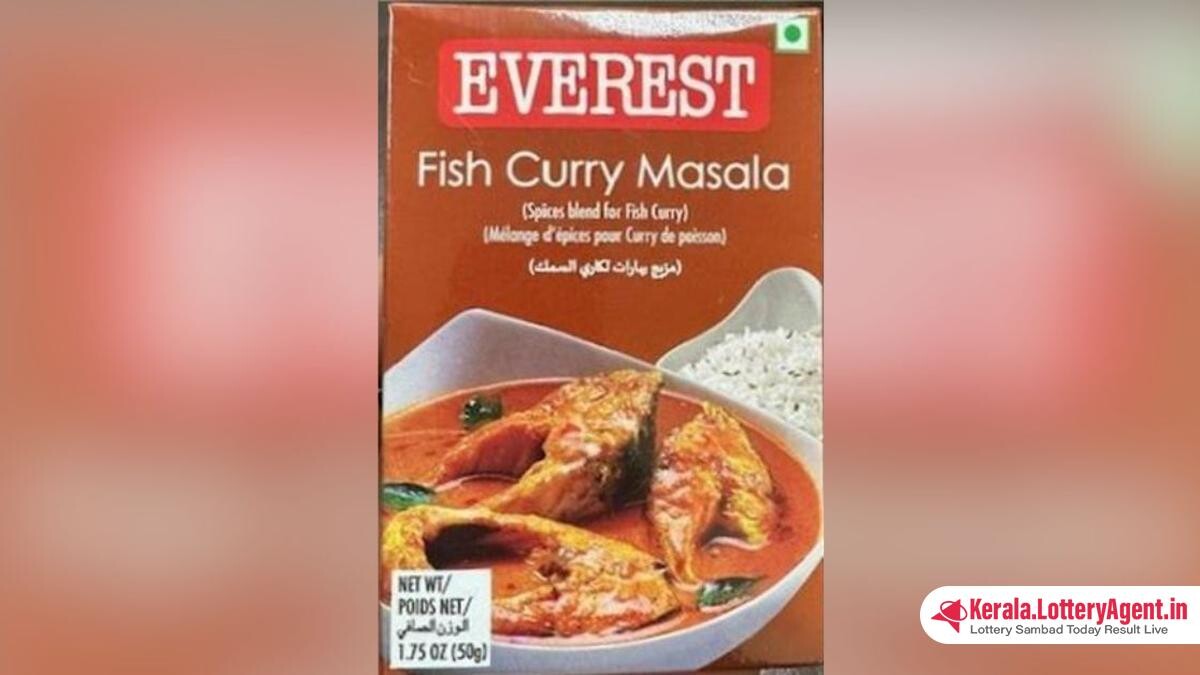
In the culinary sphere where spices dictate the nuances of flavor, the integrity of these essential ingredients is paramount. In a recent turn of events, the Food Safety and Standards Authority of India (FSSAI) has begun a diligent exercise to safeguard this integrity by sampling powdered spices from various brands, including industry heavyweights MDH and Everest. This proactive measure comes on the heels of quality issues brought to light by international counterparts in Singapore and Hong Kong.
A concerned government source has disclosed to PTI that the FSSAI’s actions are direct responses to these international alarms. “In view of the current development, FSSAI is taking samples of spices of all brands, from the market to check whether they meet the FSSAI norms,” they conveyed, underscoring the vigilance of the regulator in maintaining domestic product standards.
The FSSAI, an agency that operates under the Ministry of Health and Family Welfare, maintains a regular routine of market surveillance, collecting spice samples to validate their compliance with established quality benchmarks. However, the authority’s domain does not extend to the regulation of exported spices, leaving a gap that has now been notably exposed by the recent events.
Asia has watched as Hong Kong’s Center for Food Safety (CFS) urged consumers to avoid purchasing certain spices and implored traders to halt sales, while its Singaporean counterpart, the Singapore Food Agency, has mandated a recall. These preventive actions stem from the discovery that four spice-mix products from the Indian brands MDH and Everest contain levels of the pesticide ‘ethylene oxide’ exceeding the permissible limits.
The specific products attracting scrutiny include MDH’s Madras Curry Powder, MDH Sambhar Masala Mixed Masala Powder, MDH Curry Powder Mixed Masala Powder, and Everest Fish Curry Masala. These allegations present a significant image challenge for these brands, which are commonplace in kitchens across the Indian subcontinent and used extensively by diaspora communities around the world.
The Spices Board of India, which champions the nation’s spice industry, has not taken these allegations lightly. The Board’s Director, A B Rema Shree, told PTI, “We are looking into the matter. We are at it,” conveying a sense of urgency and commitment to address the concerns. The companies involved have been notably silent, as attempts to reach them for comment have yet to bear fruit.
Spices play an integral role not just in India’s gastronomy but also represent a vital segment of its export economy. The implications of these quality concerns reach far beyond the dinner plate, potentially tarnishing the reputation of India’s spice industry internationally. This is a critical moment for the industry as it navigates the fragile terrain of consumer trust and regulatory compliance.
The unfolding saga of the spice scrutiny is emblematic of a larger global conversation about food safety and the interconnected nature of modern trade. While FSSAI’s prompt response is a testament to the regulator’s resolve to uphold quality, the episode serves as a wake-up call for the industry at large. Companies will have to be more vigilant in their quality control processes, ensuring that their products not only enrich the flavors of the foods they season but also meet the stringent safety standards demanded by the global market.
In conclusion, while the FSSAI’s sampling initiative is a commendable step towards ensuring the safety of spices consumed within India, the ramifications of the international findings may be far-reaching. Critical introspection and stringent quality assurance are needed to retain consumer confidence and preserve India’s storied spice heritage.












